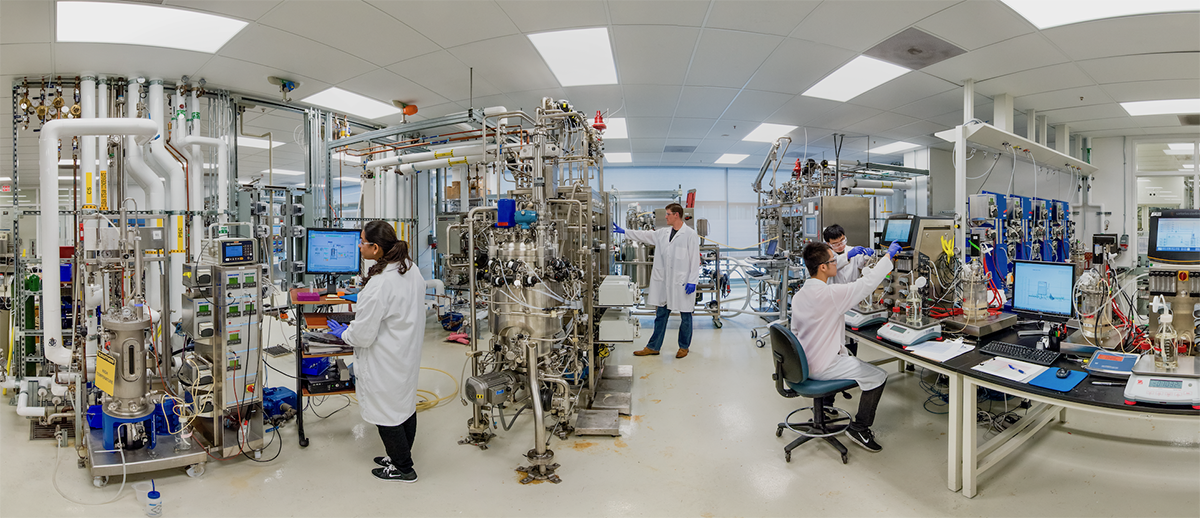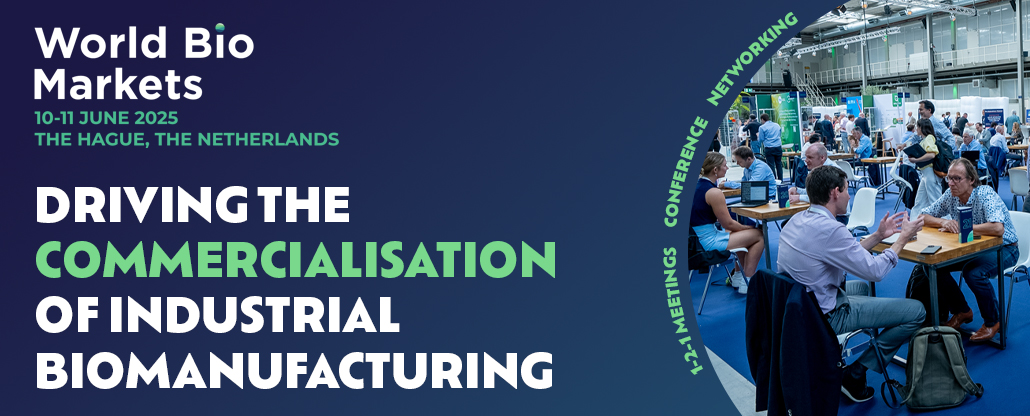The Department of Energy’s Lawrence Berkeley National Laboratory (Berkeley Lab) has been awarded funding to develop a project that aims to convert agricultural waste into sustainable products. The project, titled “Building the Circular Bioeconomy in the North San Joaquin Valley” (BioCircular Valley), will receive up to $47.3 million in funding from Schmidt Sciences’ Virtual Institute on Feedstocks of the Future.
The project will involve collaboration with a range of partners, including the University of California, Berkeley and BEAM Circular, to develop bioproducts and sustainable fuels from agricultural waste. The project’s primary goal is to create a publicly accessible database and user-friendly map that provides detailed information on various feedstocks, including their locations, availability periods, current disposal methods, and performance in different bioreactors.
The project aims to improve the flexibility of the conversion process, which breaks down feedstocks for bioproduct production, by using artificial intelligence to analyze lab-generated data and enhance predictions for efficient feedstock processing and blending. This innovation could simplify bioproduct manufacturing by allowing the same techniques to be applied to various or mixed plant materials.
The project also supports ongoing efforts to establish biomanufacturing capabilities in the Northern San Joaquin Valley (NSJV), encompassing San Joaquin, Stanislaus, and Merced counties. By providing better data on converting agricultural waste into valuable products, the initiative may attract biomanufacturing companies to build local facilities, reducing transportation needs and generating new jobs.
The project’s lead researchers emphasize that the initiative aims to benefit an economically lagging region. “This project is designed to benefit a region that has massive potential but has so far been economically left behind,” said Blake Simmons, Director of Berkeley Lab’s Biological Systems and Engineering Division. “We aim to develop a new industry that can provide improvements in air quality, water quality, and greenhouse gas emissions as well as significant opportunities in economic equity and the creation of new jobs.”
By leveraging the region’s abundant agricultural waste, the project will not only foster environmental sustainability but also stimulate economic growth and job creation in an area with untapped potential. The knowledge generated through this project will advance not only the ability of the NSJV to make use of its own regionally available future feedstocks but will also accelerate the understanding of feedstocks relevant across California and across the US.
In summary, the BioCircular Valley project aims to develop sustainable products from agricultural waste by creating a publicly accessible database and user-friendly map that provides detailed information on various feedstocks. The project aims to improve the flexibility of the conversion process, support biomanufacturing capabilities in the Northern San Joaquin Valley, and stimulate economic growth and job creation in an area with untapped potential.







